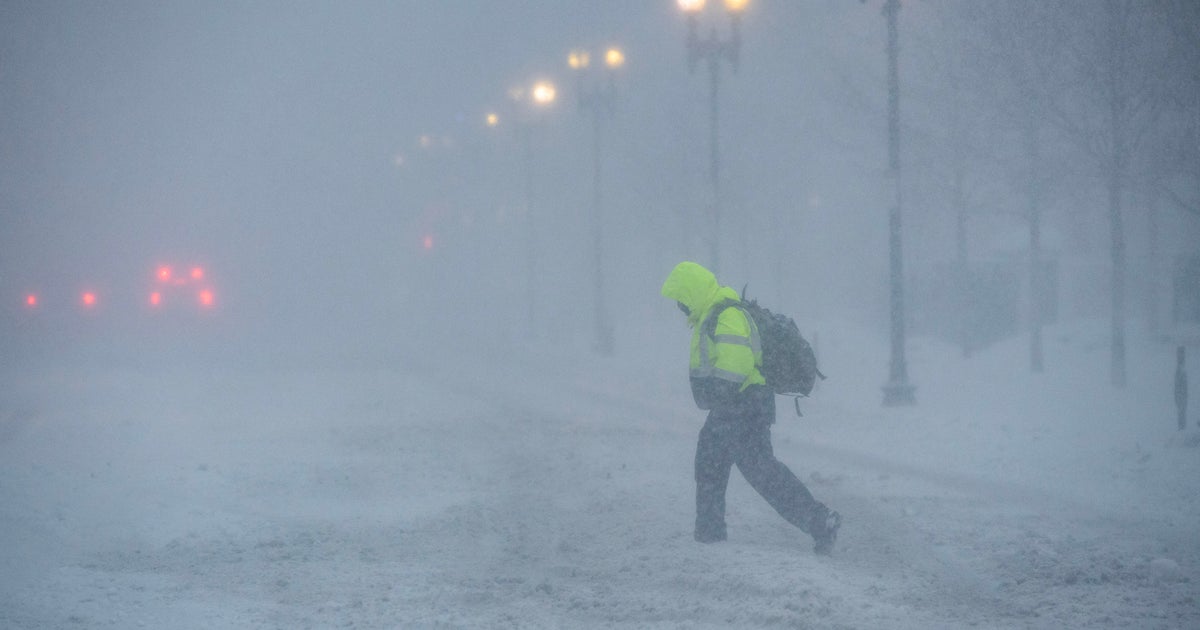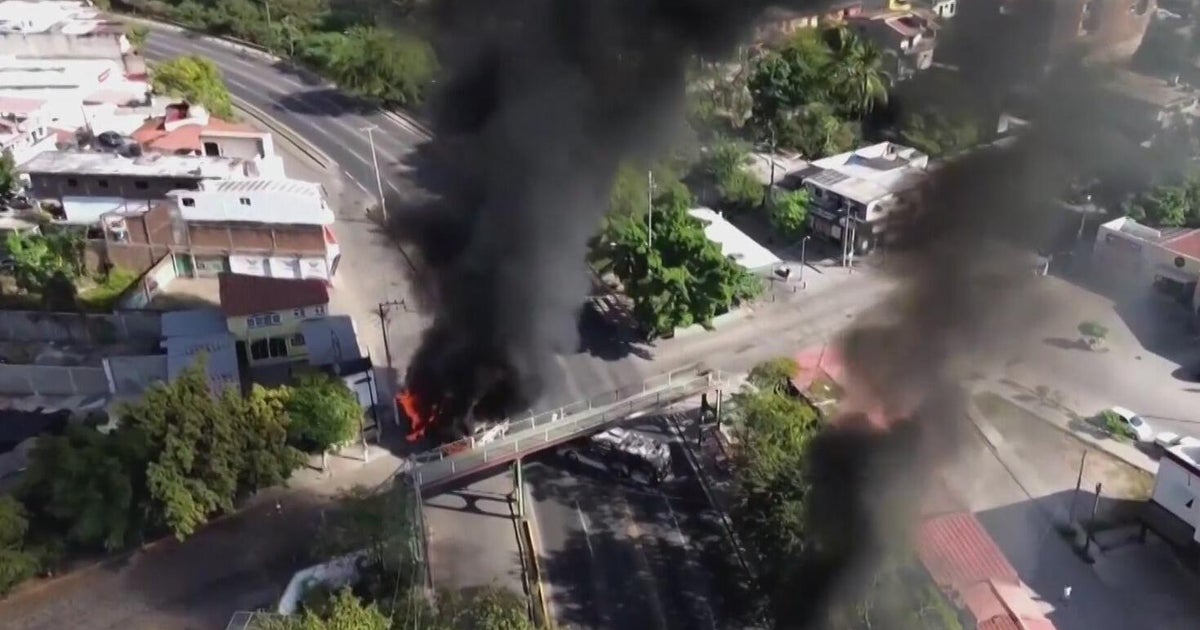Unprecedented wave of cyberattacks sweeps the globe
There is concern about a new wave of global cyberattacks following last Friday's unprecedented cyber attack, which disabled computer networks in at least 150 countries, including the U.S. The so-called "ransomware" takes computers hostage and demands payment.
The attack was unprecedented, escalating, and is sweeping the globe.
The latest count is more than 200,000 victims, in at least 150 countries, according to Rob Wainwright, director of the European Union Agency for Law Enforcement Cooperation (Europol).
On Monday, as the world heads back to work, millions of computers which had been shut down over the weekend are being turned back on.
Widespread disruptions were reported today throughout Asia. The frozen-screen warnings are much the same that started in Britain and spread across the world, reports correspondent Charlie D'Agata.
Employees found their files had been encrypted, no longer readable, with hackers demanding $300 in ransom to decode them or they'd be destroyed.
The malware program is called "WannaCry," and it was first uncovered in documents stolen from the U.S. National Security Agency, exposing a vulnerability to Microsoft's operating systems.
It crippled Britain's National Health Service; patients expecting scheduled operations were turned away.
The global attack could have been far worse if not for a pair of cybersecurity researchers, including Darien Huss, from Michigan, who stumbled on a kill switch hidden in the domain name the hackers were using.
"Even though the kill switch has been activated, there were at the very least thousands and possibly even 100,000 of infections that occurred before the kill switch was activated," said Huss.
It may have stopped the malware from spreading to millions more computers.
"It's hard to feel like a hero, I think, because I just documented my analysis," said Huss. "It's kind of what I do on a day-to-day basis. So for me, it was just another day at the office, I guess."
But cybersecurity experts warn what's happened so far is nothing compared to what might be coming.
That might be unstoppable.
"The concern being that potentially a new variant of this ransomware could show up on Monday," said Adam Meyers, vice president of intelligence at Crowd Strike. "And it would take a lot more effort to try to stop that next wave of attack."
Microsoft president Brad Smith said this is a wake-up call for governments of the world. In a scathing statement over the weekend, he said an equivalent scenario in conventional weapons would be the U.S. military having some of its Tomahawk missiles stolen.
The Kaspersky Lab estimated up to five percent of computers affected around the world could be located in India, due to the number of computers there using older versions of Microsoft's operating system.
State media in China reported that hundreds of thousands of devices there were infected.
The Japan Computer Emergency Response Team Coordination Center told the Associated Press that 2,000 computers in Japan were reported affected so far.
Five South Korean companies reported that they had been affected by the ransomware attack.
Meanwhile, in Europe the situation appears to have stabilized, according to Jan Op Gen Oorth, a spokesperson for Europol. "It seems that a lot of Internet security guys over the weekend did their homework and ran the security software updates," Oorth told the AFP.




